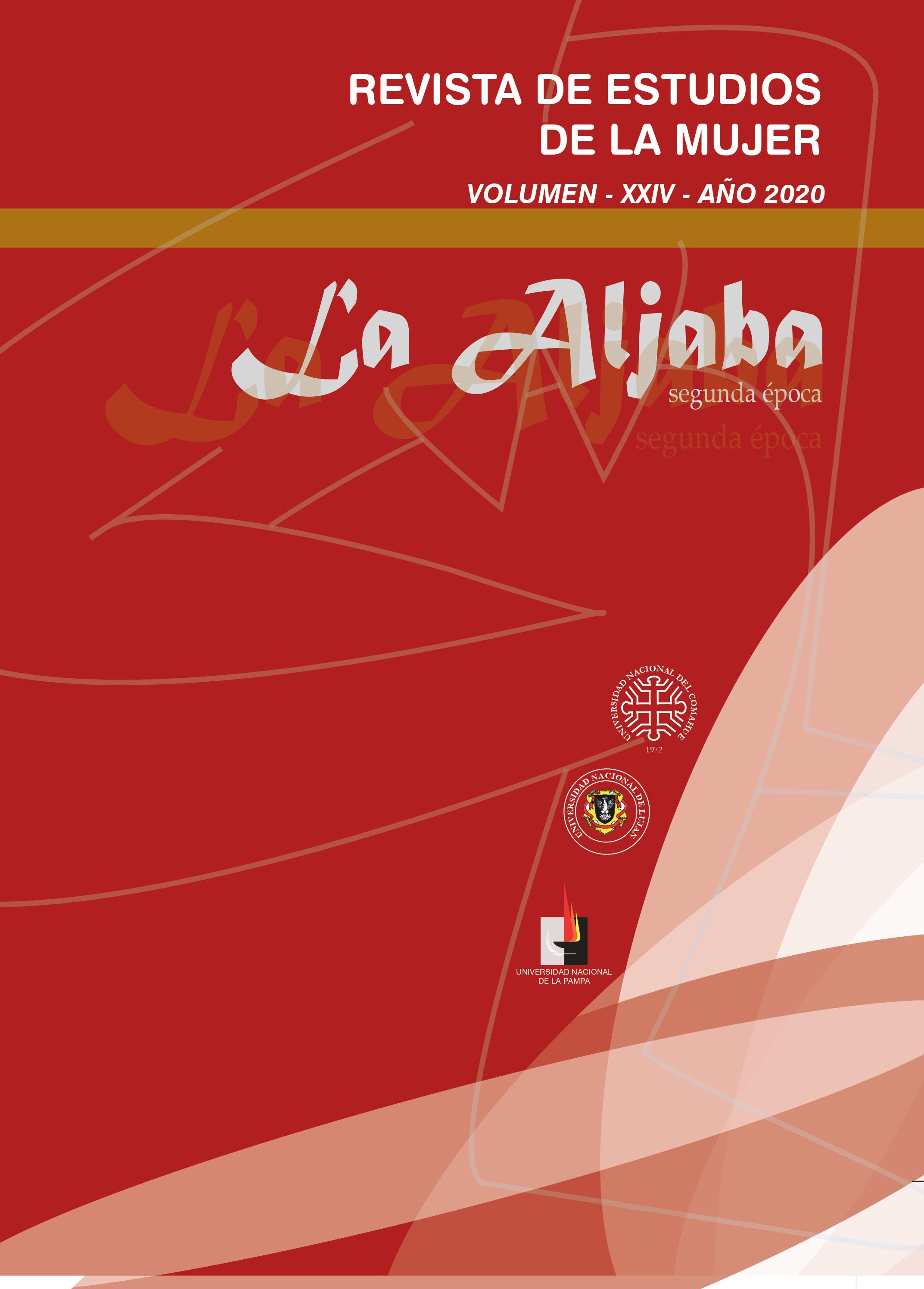The deconstruction of public policy: women, genders, diversity and human rightscouncil of Ituzaingó, provincia Buenos Aires
Keywords:
Gender-based Violence, Public Policies, Gender-based ApproachAbstract
This article is intended to give an account of an extremely interesting experience in the Municipality of Ituzaingó (MuI)—city where both authors live in—, in the western area of Greater Buenos Aires (GBA), where Municipal Public Policies include the Women, Genders, Diversity and Human Rights Council (CMGDyDH for its Spanish acronym), entity responsible not only for various functions, but for trying to prevent the local patriarchal system from continuing imposing itself through culture, society and economy, among other disciplines and practices, not allowing women’s empowerment. We aim at conducting an analysis of the Gender-sensitive policies carried out by the CMGDyDH in the MuI, which are developed in a national context of different achievements reached by the feminist movement during the last years.Our question is whether it would be possible to weaken or avoid the patriarchal system, at least in the medium term, in the local context. We are aware that structural changes arise from asocial base, with a multiplier effect towards the super-structural framework, process which we would like to see materialized in order to reach equity and gender social inclusion.One of the general objectives of this article consists in revising theoretically and empirically the possible definition and construction of those intervention and formulation methods of integral Social Policies, in a collective and dialectal manner.The pillars of analysis of this article are:
-Past budgetary achievements at national and provincial level, and within the MuI, with a gender-based approach.
-Goals accomplished at an institutional, legislative and Public Policies level, with a gender perspective.
The first part of this article (I) includes general aspects of Feminist Economics (FE) and the second one (II) consist of a description of the activities carried out by the CMGDyDH in the MuI, its objectives, and an analytical relation with the first part of the article. The second part derives from the Final Research Paper by BSW. Marta Rosendo, presented in the Women and Gender Specialization, at Universidad de Luján.


















4.jpg)




